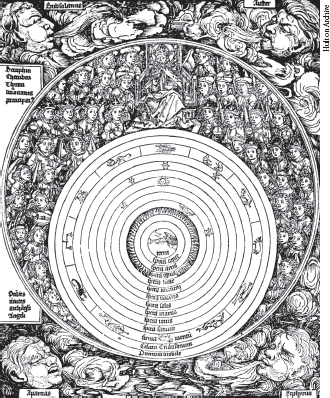

Diagram of a geocentric universe from Liber chronicarum mundi, 1493.
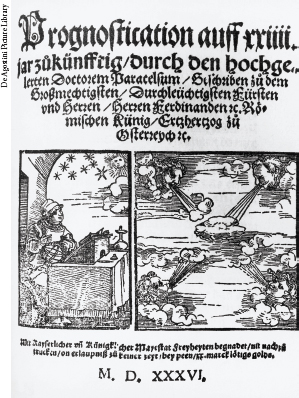
The title page of Prognostication of Paracelsus, published in 1536.
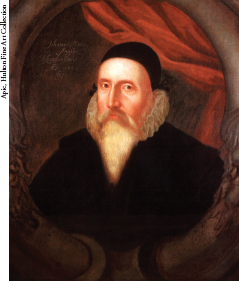
An anonymous portrait of John Dee, c. 1590.
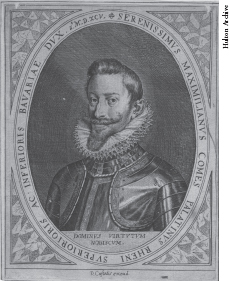
Maximilian I, Duke and Elector of Bavaria, succeeded to the dukedom in 1598.
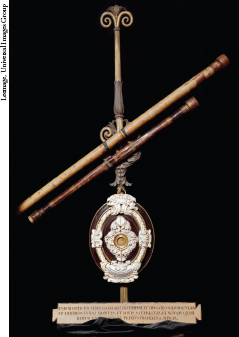
A telescope designed by Galileo Galilei.
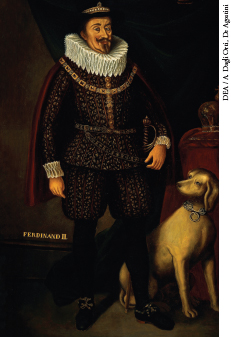
Portrait of Ferdinand II of Austria by Josef Kiss and Friedrich Mayrhofer. He was Emperor of the Holy Roman Empire from 1619 until his death in 1637.
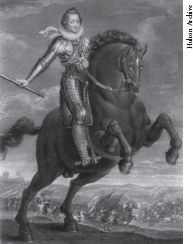
An etching of Frederick V by Richard Earlom, Charles Turner and R. Dunkarton.
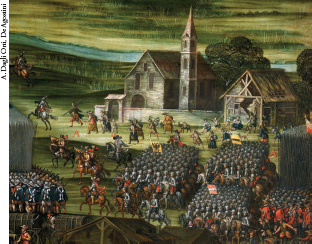
The arrival of the imperial armies – a detail from a painting by Pieter Snayers of the first phase of the Battle of White Mountain near Prague in November 1620, during the Thirty Years War.
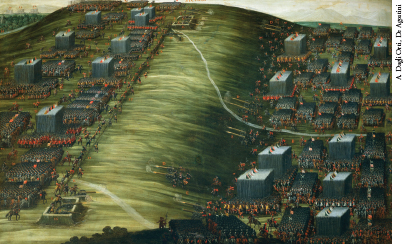
Artillery bombardment of the imperial and Bavarian armies before the battle, in the second phase of the Battle of White Mountain – a detail from another painting by Pieter Snayers.
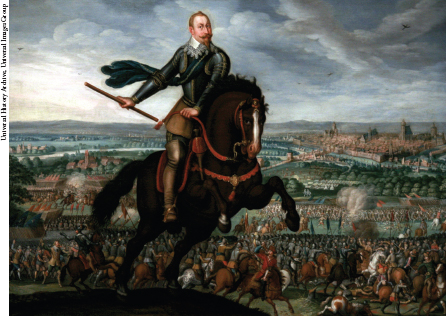
Gustav II Adolf of Sweden leading his army to victory at the Battle of Breitenfeld (1631) in a portrait by Johann Walter.
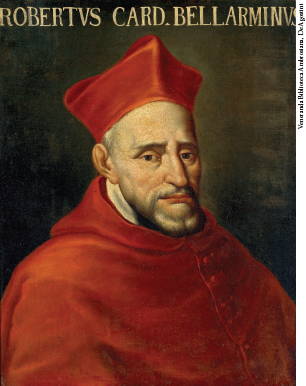
Portrait of Cardinal Roberto Bellarmino by Carlo Perotti.
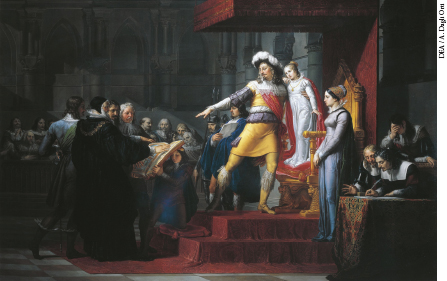
Gustav II Adolph of Sweden imposing an oath of allegiance to his daughter Cristina on the States-General.
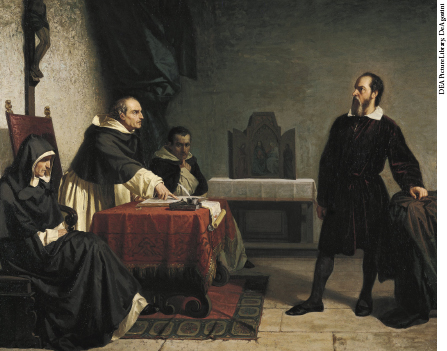
Galileo before the Inquisition Court in a painting by Cristiano Banti.
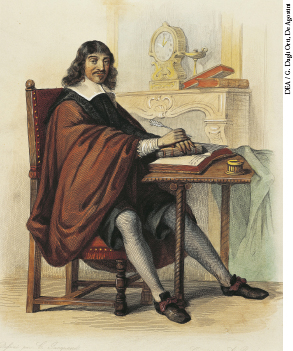
An anonymous contemporary portrait of Rene Descartes
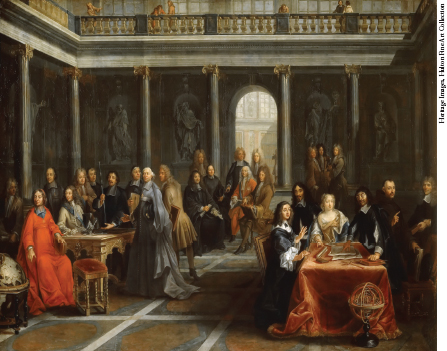
Queen Christina of Sweden surrounded by her court, in a painting from the collection of Musée de l’Histoire de France.
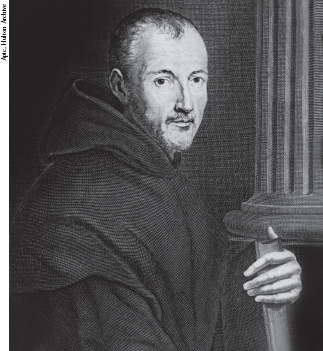
An engraving of Marin Mersenne.
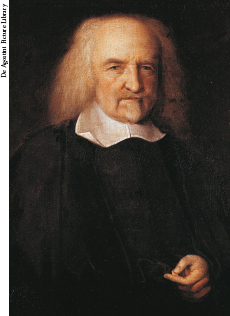
Portrait of Thomas Hobbes by John Michael Wright.
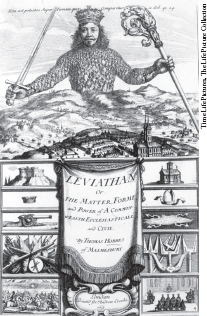
Title page of Hobbes’s Leviathan (1651).
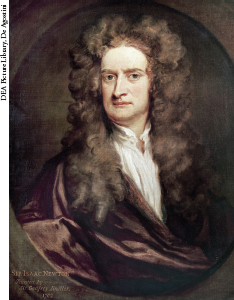
Portrait of Isaac Newton by Godfrey Kneller.
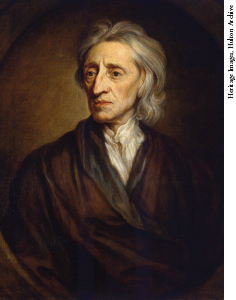
Portrait of John Locke by Godfrey Kneller.
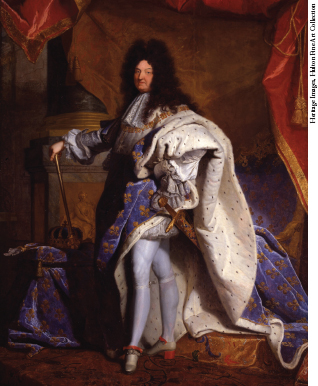
Louis XIV, King of France (1638–1715), from the collection of the Musée de l’Histoire de France.